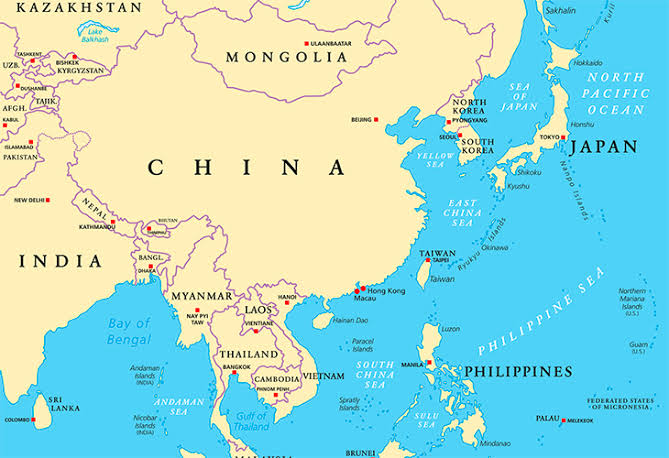Potential Outcomes of a Japan-Taiwan Alliance Against China: The hypothetical scenario
The hypothetical scenario of a formal alliance between Japan and Taiwan against China raises complex geopolitical and strategic questions. Analyzing its potential outcomes requires examining various factors, including historical baggage, military capabilities, regional alliances, economic dependencies, and domestic politics. This analysis will explore these facets to paint a nuanced picture of the possible consequences.
While their shared values and democratic systems create a foundation for understanding, overcoming historical anxieties and building trust would be crucial for any formal alliance.
Military Capabilities and Regional Deterrence:
Alliance Dynamics and External Support:
Economic Interdependence and Pressure Points:
Conversely, the disruption of critical manufacturing hubs in Taiwan and Japan could also harm China's own economy, creating a complex web of vulnerability.
Domestic Politics and Public Opinion:
Several potential outcomes emerge from this complex scenario:
- Deterrence and Stability: In the most optimistic scenario, the alliance becomes a strong deterrent, dissuading China from attempting military action against Taiwan and maintaining regional stability. This could foster peaceful negotiations and eventual resolution of the cross-strait issue.
- Limited Conflict: A more likely scenario might be a series of localized skirmishes or air/naval clashes in response to provocative actions by any side. This could lead to significant economic and security repercussions but might not escalate into full-blown war.
- Full-Scale War: The most dangerous outcome would be a full-scale military conflict between China and the combined forces of Japan and Taiwan, potentially drawing in the US and other regional powers.
- The internal political dynamics within China, and their influence on foreign policy decisions, would significantly impact the response to such an alliance.
- The evolving nature of technology and warfare could play a decisive role in any potential conflict.
- The role of other regional actors, such as South Korea and Southeast Asian nations, would be crucial in shaping the broader geopolitical landscape.








%20(2).jpeg)
Comments
Post a Comment